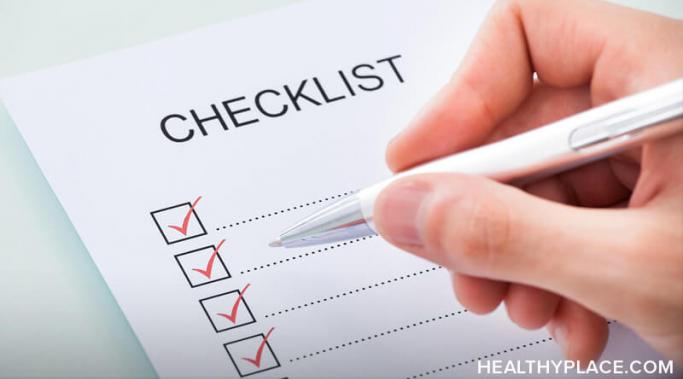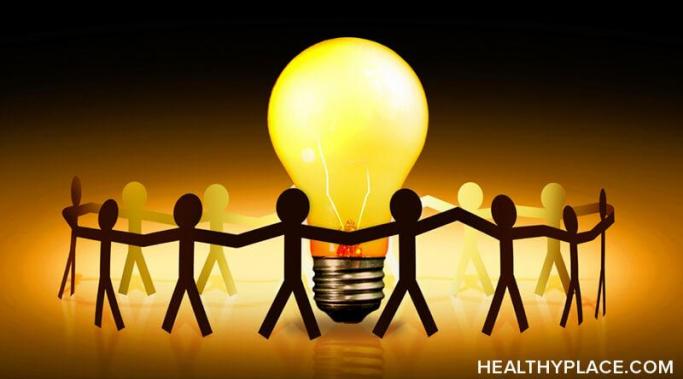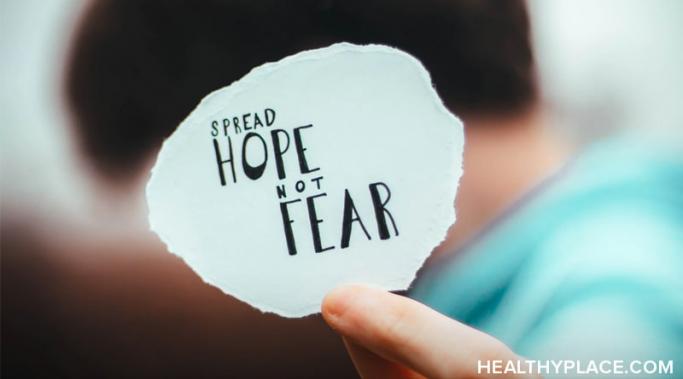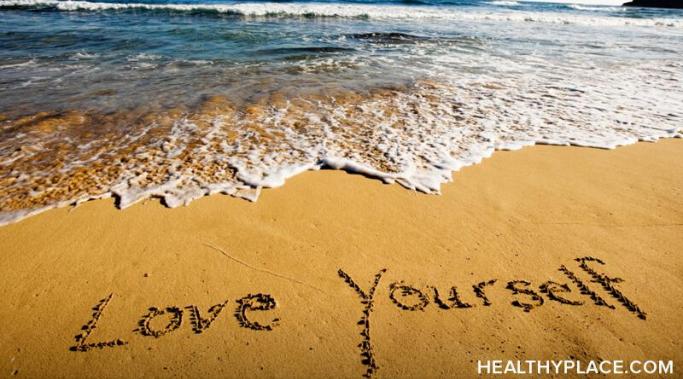Blogs
Self-harm and dissociation, separately, can be scary things. Together, they can be a frightening and isolating experience, to say the least. Let's talk a little about what that's like, and how to cope.
Every day, I make a point to take at least one bath. Sometimes if I’m really stressed, I’ll take more than one.
The new year is a new beginning, which brings a special clarity as you reflect on what you want to change. It's often recommended to set concrete resolutions so you can measure how well you're doing throughout the year. This advice can be helpful, but for binge eating disorder recovery, changes are subtle and difficult to measure. In my experience, setting New Year's resolutions for my recovery and eating habits has consistently caused stress and unnecessary pressure. Of course, you can set milestone goals for going a certain number of days without binge eating. But if you are trying to start or strengthen your recovery from an eating disorder, you can't expect your recovery to be as neat as a checklist.
The phrase "new year, new you" is all over the place right now. From social media posts, to news outlets and blog articles, to conversations with friends or family, to marketing tactics from wellness brands, it often seems I can't escape this message once January rolls around. But while the concept might sound positive in theory—a chance to start fresh and reinvent oneself—the truth is, this "new year, new you" mantra doesn't work for me in eating disorder (ED) recovery. I also suspect I'm not alone in that feeling, so let's unpack it further.
I was in my late 30s when I was diagnosed with generalized anxiety disorder (GAD). As a child of the '60s born of immigrant parents who survived both the Great Depression and World War II—each of them with their own harrowing experiences—I was raised with a don't-complain-pull-up-your-bootstraps-and-get-on-with-it mentality. As such, I grew up feeling unworthy of my anxiety.
Recently, I started becoming more intentional about using Meetup to connect with other writer groups virtually. Until last week, I had no idea that so many writing groups met online. On my day off, I signed up for three writing groups on Zoom. Being more active in my writing endeavors with other people has been helping me come out of my depression. Here are five reasons writing groups are positively impacting my mental health.
What does the new year mean for mental health stigma? Many people see New Year’s Eve ticking down into the next year as a time of transformation, possibility, hope. Don’t get me wrong; a new year can certainly represent those things and be an opportunity for a refresh. But among the “new year, new insert-whatever-here” posts, I wonder where mental health stigma fits in.
My name is Kayla Davidson, and I am more than excited to start my journey with HealthyPlace on the "Debunking Addiction" blog. I believe I have some wonderful insight on the topic of addiction and mental health. Like many others in the world, I have suffered from anxiety and depression for most of my life. It wasn’t until my later adult years that I realized the connection between those disorders and my alcohol abuse. I am the youngest of four children and was raised by a single, hardworking mother. My father has been a chronic alcoholic my entire life, and far before then. I grew up watching most people in my life use alcohol or drugs to cope with life, or even just to feel confident in their own skin. For many years, I did the same thing. Once I started diving into personal development work, I became self-aware of my own drinking issues and wanted to change.
I find it really hard to use positive self-talk to help me through schizoaffective disorder symptoms. I think the reason is that when I try to do so, I feel like I’m “kidding myself.” Somewhere, I picked up the idea that depressed, negative thinking is more realistic than positive thinking. Now that I realize I think that, though, I’m working to change the perspective.
Self-harm recovery, in many ways, begins with intent. In order to stop hurting yourself, you first have to make a conscious decision to do so. That's the first difficult step; the next is figuring out how to keep that resolution once you've made it.









